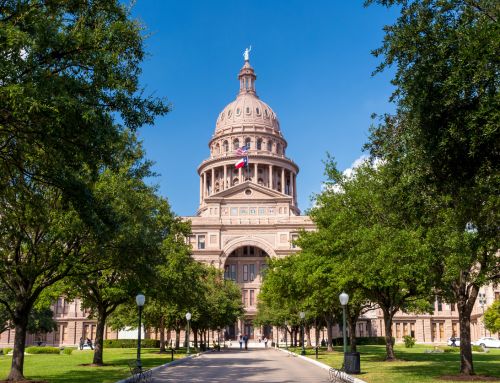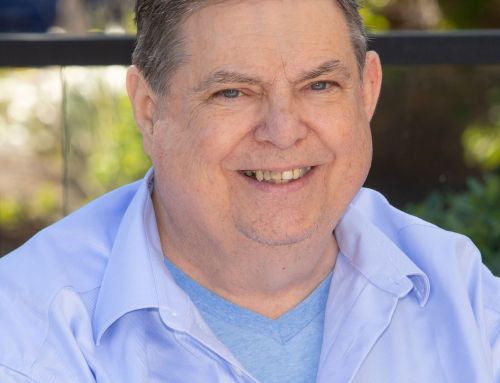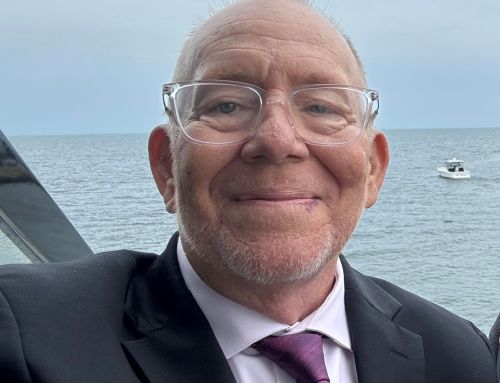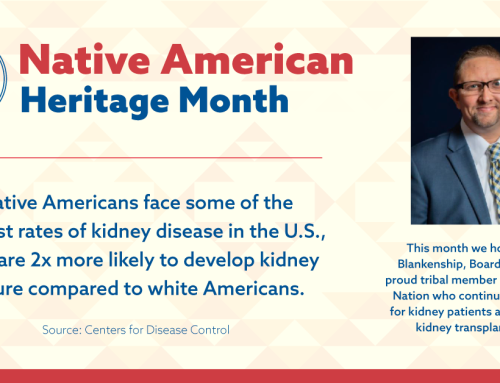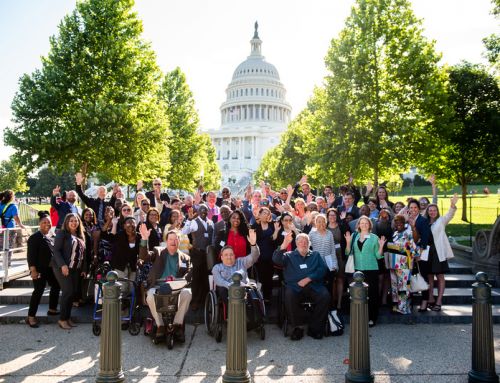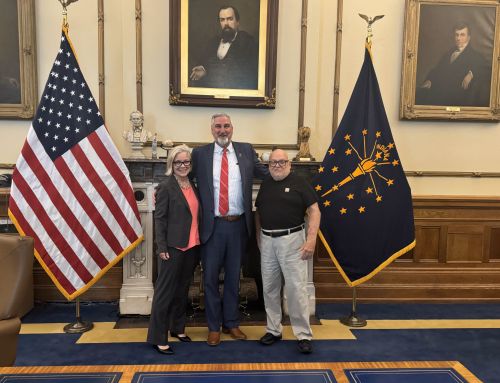Voting is already underway in several states, including California which has a statewide ballot initiative concerning dialysis patients. Proposition 23, as it is known, is another proposed ballot initiative by a labor union following a similar ballot dispute in 2018, which was defeated by a wide voter margin. Rather than focus on profit-caps again, this initiative would impose stricter regulations on dialysis clinics.
Prop 23 would require a licensed physician (or a nurse practitioner or physician assistant, if an exemption is granted because of the ongoing physician shortage) to be on-site at dialysis clinics whenever patients are dialyzing. It would also require clinics to report infection data directly to the state, in addition to the federal government, require state approval before clinics could close or reduce services, and prohibit clinics from discriminating against patients based on the source of payment for care.
While at first glance these requirements might seem reasonable to the average voter, they are in fact unnecessary and duplicative. Worse, the cost effect of this measure would endanger tens of thousands of vulnerable patients in California who rely on routine dialysis treatment in order to survive. The proponents’ attempt to “fix” non-existent problems would actually create a host of new problems that could seriously harm dialysis patients and drive up healthcare costs for all.
Our biggest concern is with the on-site physician requirement, which would drastically drive up dialysis clinic costs which in turn reduces patient access to clinics that are forced to close or reduce hours because they are no longer economically viable. This puts patients’ lives at great risk since access to routine dialysis is necessary for survival, and it could lead to more ER visits and hospital admissions which further drives up out-of-pocket health care costs for patients, as well as insurance premiums for everyone.
The state’s independent, non-partisan Legislative Analyst Office projected that having a physician on-site at all times would increase costs at each of the approximately 600 dialysis clinics throughout the state “by several hundred thousand dollars annually on average,” while a study by the Berkeley Research Group suggested that as many as half of the dialysis clinics in California could become financially unviable and that rural dialysis clinics and those in disadvantaged communities would be more likely to reduce services or close due to financial constraints.
Furthermore, there is no real evidence to suggest that requiring a physician on-site would enhance patient safety. In fact, the ballot language doesn’t specify that the physician must have any experience with kidney disease. Moreover, these physicians wouldn’t actually be in charge of any patient’s individual treatment plan, which is currently prescribed by the patient’s own nephrologist and administered by trained nephrology nurses and technicians and overseen by the clinics’ physician medical director. Patients who experience a medical emergency while at their dialysis clinic are transferred to an ER or hospital setting that is fully equipped to handle such emergencies, especially given that most dialysis patients have several comorbidities that cannot be triaged appropriately at the clinic even with a physician present. In essence, on-site physicians would be expensive, non-caregiving babysitters hired to satisfy an arbitrary requirement.
Also troubling is the proponents’ claim that on-site physicians are necessary to ensure patient safety because it could discourage some patients from selecting home dialysis as their preferred modality. Since home dialysis requires a caretaker to assist the patient, often this role is performed by an immediate family member or close relative who doesn’t have a clinical background. This type of fear-mongering by supporters of the measure is completely counterintuitive to promoting an alternative to in-clinic dialysis and it undermines patients’ confidence to choose the modality option that is best for them in consultation with their care team.
Lastly, Prop 23 is duplicative since the federal and state governments already extensively regulate dialysis clinics. Every dialysis clinic is licensed by the California Department of Public Health using federal certification standards. According to data collected by the federal Centers for Medicare & Medicaid Services (CMS), California dialysis clinics consistently rank above average in clinical quality and patient satisfaction. DPC’s own patient member survey conducted earlier this year confirms this: dialysis patients overwhelmingly found clinics to be clean and safe.
At a time when the nation is grappling with a once-in-a-century pandemic, and dialysis patients have increased anxiety about their general health and safety given their compromised immune systems, this ballot initiative seems illogical and reckless. It is irresponsible to add unnecessary health care expenses and promote frivolous policies that would prevent practicing physicians from providing essential patient care.
DPC is part of a broad and diverse coalition that includes other patient advocacy organizations, dialysis providers and caregivers, and groups representing physicians, nurses, veterans and social justice communities in opposing this senseless and costly proposition. Together, we urge California voters to reject this harmful initiative because it threatens patients’ access to care and increases overall health care costs without improving patient safety at dialysis clinics.
Please share this information with friends, family and others and Vote No on Prop 23.
| PAID FOR BY DIALYSIS PATIENT CITIZENS |


